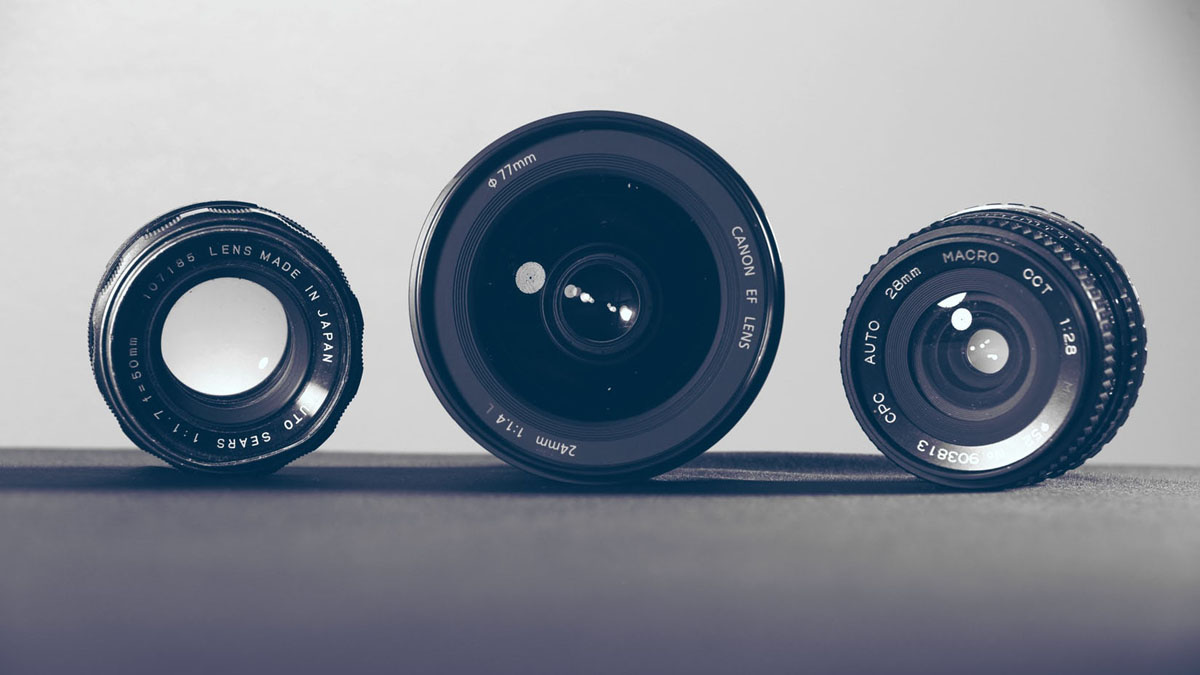
Photo-Optics Technician
About
Humans have been using lenses for magnification for more than 1000 years. One of the big breakthroughs in the field was in the 17th century with the invention of the microscope and telescope. In the 1850s, the modern era of lens-making started with Karl Fried-rich Gauss's books on the topic, before computer-based modelling took off in the 1960s.
Today's optics technicians design, fabricate, assemble, and install all manner of optical instruments, such as telescopes, microscopes, aerial cameras, and eyeglasses. The four most common types of optics technicians are precision-lens technicians, optomechanical technicians, precision-lens grinders, and photo-optics technicians.
Photo-optics technicians are often found working in satellite tracking stations, where they operate enormous telescopic cameras that track satellites and missiles in flight.
Industries
- Electrical Equipment, Appliance, and Component Manufacturing
- Manufacturing
- Scientific and Technical Services
Skills
- Color Theory
- Equipment Selection
- Logical Thinking
- Patience
Sign in or create an account to view more skills for this job.
Connect with an Expert
Explore 1 Related Job
Sign in or create an account to view more related jobs.
Content Library: Photo-Optics Technician
Get to grips with the basics of colour theory and that pesky colour wheel!
Build your skills in:
About
The differences between RGB, CMYK, various other acronyms
Build your skills in:
About
To provide maximum value to customers, engineers must have a strong understanding of owners’ needs and the ability to evaluate key aspects of mechanical system selection to meet those needs. In other words, there is an art and science to defining and evaluating key aspects in order to choose the proper equipment.
Build your skills in:
About
Get started with programming logic in this maze game
Build your skills in:
About
Good intentions are not enough. Sticking to one’s plan is hard work. We humans are notoriously poor at following through with our plans. We tend to be ambivalent about making a change. We want to lose weight, but we also love to eat. Fortunately, people can resist desire and temptation using the following resistance strategies.
Build your skills in:
